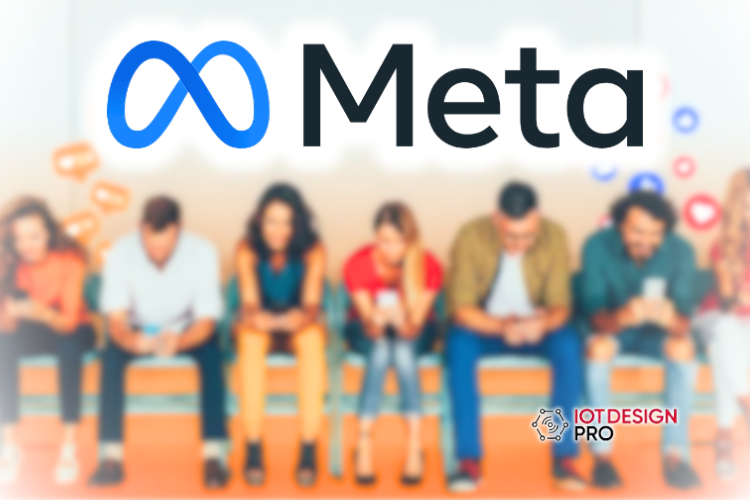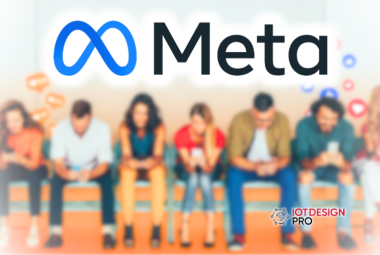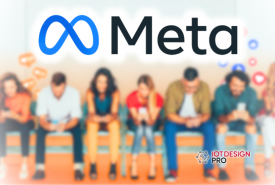Personalized medicine backed by AI could be extremely beneficial for treating common diseases such as cancer or heart ailments or some rare ones like cystic fibrosis.
Amid the National Health Crisis (NHS) and the high-priced healthcare system of the US, it seems that providing cost-effective and advanced healthcare is becoming a huge impediment. The situation is expected to get worse with augmenting chronic illness and medical science is still trying to find innovative treatments to deal with the ongoing diseases. This is where artificial intelligence (AI) could play an imperative role.
According to the experts, the idea of wiping out humans in medicines with AI is still an imagination because there are various intricacies in AI which are still proving to be a huge challenge. Researchers at Cambridge university working closely with numerous medical institutions and nursing homes and top-notch AI tools have been developed for patients, doctors, nurses, and researchers. There is a wide misconception that the benefits of AI in this sector is centered on analyzing photos like MRI scans or discovering new drug compounds. With the help of AI, researchers are trying hard to customize treatments for individuals.
Personalized medicine backed by AI could be extremely beneficial for treating common diseases such as cancer or heart ailments or some rare ones like cystic fibrosis. Dosage and schedule of medications for the patients can be optimized with the help of AI and patient’s screening can also be done by utilizing their health profiles rather than the traditional method of going by their age and sex. With this approach, diagnosis of diseases can be done much earlier, which ultimately offers state-of-the-art treatments and also saves lives.
Now, if data models of each patient are crafted, it could help researchers to carry out preliminary trials before opting for a costly one involving real people. Therefore, both investment and time can be reduced while unleashing a new drug in the market. The NHS on the other hand, which is considered to be a complex organization, faces a huge challenge in allocating resources. New AI tools can tackle this problem quite efficiently and during the time of the pandemic, a tool has been developed to assist clinicians in monitoring the use of ICU beds and ventilators.
AI can also assist with certain quandaries such as privacy of patients and in fact knowledge of medical professionals can also be improved. Both AI experts and healthcare professionals are now trying to deploy top-notch language models such as ChatGPT in healthcare, which could large decrease the problems of paperwork, identifying the accurate diagnosis and recommending drug-trial protocols.

















